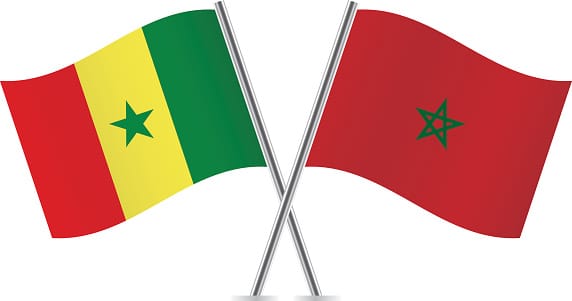Senegal has reiterated its unwavering support for Morocco’s Autonomy Plan as a viable and lasting solution to the long-standing Western Sahara conflict. The endorsement came during a statement by Ambassador Diamane Diome, Senegal’s Deputy Permanent Representative to the United Nations, at the ongoing session of the UN Special Committee on Decolonization (C24), which is being held in New York from June 9 to 20.
Addressing the committee, Ambassador Diome emphasized Senegal’s consistent backing of Morocco’s autonomy proposal, describing it as a realistic and forward-looking framework for resolving the dispute. He highlighted the plan’s recognition by the United Nations Security Council, which has referred to it in numerous resolutions since 2007 as a serious and credible basis for negotiation.
Diome underscored the growing international support for the Moroccan initiative, noting that more than 118 UN member states, including key global powers such as France, the United States, and the United Kingdom, have publicly endorsed the proposal. This level of backing, he pointed out, signals an international consensus moving toward a pragmatic resolution to the conflict.
The ambassador also commended Morocco for its tangible efforts in promoting human rights in the region, particularly through the activities of the National Human Rights Council (CNDH) branches operating in the cities of Dakhla and Laayoune. These local human rights mechanisms, he said, are central to ensuring accountability and fostering trust among local populations.
In his remarks, Diome further drew attention to Morocco’s extensive development programs in its southern provinces. These initiatives are part of a broader strategic development model that aims to stimulate sustainable economic growth, safeguard environmental resources, and preserve cultural heritage. According to the ambassador, such efforts have significantly improved infrastructure, access to services, and socio-economic conditions in the region, thereby enhancing human development indicators.
Turning to security and peacekeeping matters, Senegal praised Morocco for its full compliance with the ceasefire agreement and its cooperation with the United Nations Mission for the Referendum in Western Sahara (MINURSO). Diome urged other parties to respect the ceasefire obligations as outlined in UN Security Council Resolution 2756, stressing the importance of maintaining stability in the area.
The Senegalese diplomat also called for intensified cooperation with international humanitarian organizations, particularly the UN Refugee Agency (UNHCR) and the World Food Programme (WFP). He expressed concern for the conditions of people living in the Tindouf camps and advocated for measures to uphold their rights, including freedom of expression, access to humanitarian aid, and proper identification in accordance with international legal standards.
In closing, Ambassador Diome welcomed the ongoing efforts of the UN Secretary-General’s Personal Envoy for the Sahara, encouraging all parties involved to return to the negotiating table in a spirit of compromise and dialogue. He emphasized the need for a political process that is inclusive, practical, and durable.
Reaffirming his country’s position, Diome reiterated Senegal’s full support for Morocco’s sovereignty and territorial integrity. He also recalled that Senegal solidified this support by opening a consulate general in the southern Moroccan city of Dakhla on April 5, 2021—an act reflecting Dakar’s strong diplomatic alignment with Rabat on the matter.



